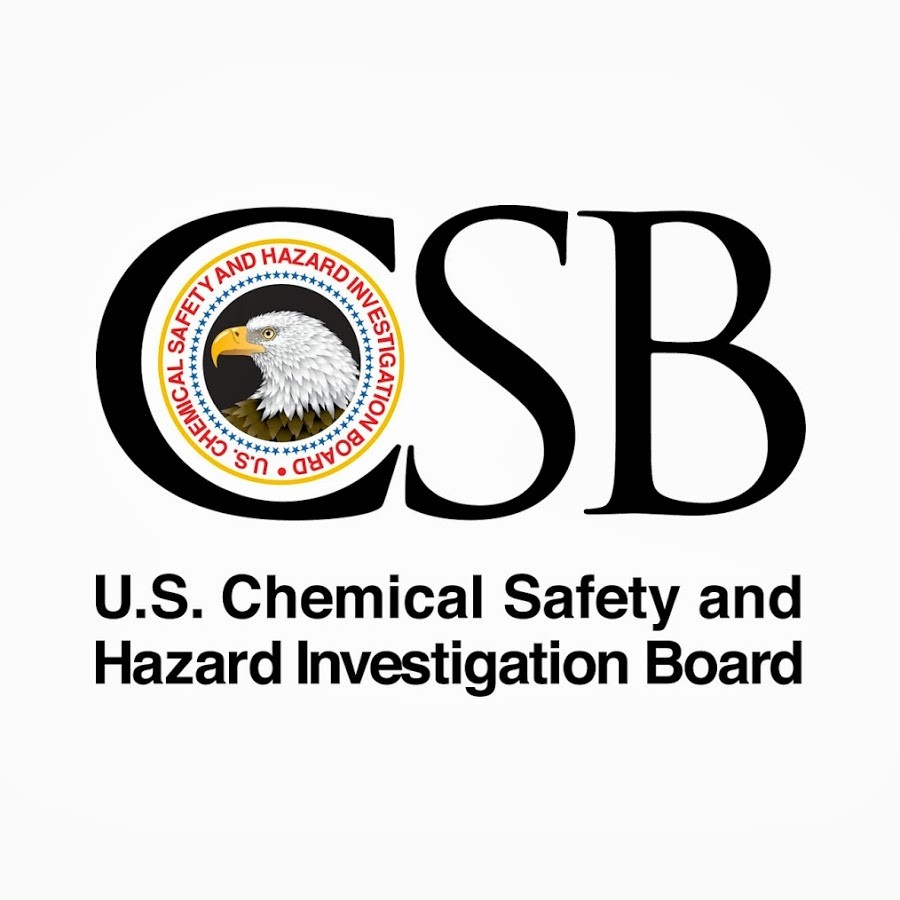
The U.S. Chemical Safety Board (CSB) is in the Trump Administration’s crosshairs yet again, as the latest budget proposal out of the White House calls for eliminating the well-regarded investigatory agency.
The CSB is tasked with determining the root cause of major chemical accidents and explosions at plants, refineries and pipelines throughout the United States.
Most recently, the Board was called on to investigate an oil rig explosion in Oklahoma that tragically killed five workers.
CSB Investigations Have Led to Safety Improvements at Plants, Refineries and Pipelines Nationwide
Though the CSB is not authorized to enact new regulations or levy fines, its does issue recommendations aimed at preventing such accidents from reoccurring. Its investigations often shed light on dangerous practices and bring about industry-wide changes that have potentially saved an untold number of lives.
For example, after the CSB determined that most of the deaths and injuries associated with the 2005 BP Texas City refinery explosion occurred in or around trailers located in close proximity to an atmospheric vent stack, refineries and industrial plants around the country were required to relocate the trailers to safer areas.
Critics Slam Renewed Efforts to Eliminate CSB
The Trump Administration began to push for elimination of the CSB in its 2018 budget. However, congressional appropriators rejected the request, with Chairman Rodney Frelinghuysen, a New Jersey Republican, calling the CSB an example of “programs that protect environmental safety.”
Not to be deterred, the Trump Administration’s 2019 budget once again seeks to eliminate the CSB.
And once again, the proposal is meeting fierce opposition from those who value worker safety and the environment.
“The U.S. averages more than 1,000 major industrial chemical accidents every year,” Jeff Ruch, executive director of Public Employees for Environmental Responsibility, recently told Bloomberg News. “Eliminating any federal capacity to learn the causes of potentially catastrophic industrial accidents would be unwise in the extreme.”
Trump Administration Continues Crusade to Eliminate Safety Protections Designed to Protect Industrial Workers
The proposal to eliminate the CSB is just part of the Trump Administration’s year-long crusade to jettison environmental and workplace safety regulations it considers burdensome to industry.
Since taking office last year, the White House has also:
- Proposed eliminating several regulations aimed at preventing a repeat of April 2010 Deepwater Horizon oil rig explosion.
- Proposed bringing back the Mineral Management Service, the scandal-plagued agency charged with overseeing the offshore drilling industry prior to the Deepwater Horizon disaster.
- Withdrawn a proposed combustible dust standard intended to prevent disasters like the 2008 Imperial Sugar refinery explosion in Georgia that killed 14 workers and seriously injured 38 others.
- Delayed enactment of the Chemical Disaster Rule, another regulation aimed at preventing deadly plant and refinery explosions.
- Halted efforts to draft new regulations that would require sleep apnea screening for train operators, as well as bus and truck drivers.
Were You or Someone You Love Injured in a Plant, Refinery or Pipeline Explosion? Contact Our Undefeated Plant Explosion Lawyers for a Free Consultation by Calling 1-888-603-3636 or Click here.
Having recovered more than $1 Billion for our clients—including hundreds of workers seriously injured or tragically killed in connection with explosions and other accidents at plants, refineries and pipelines throughout Texas, Louisiana and the United States —our Undefeated Plant Explosion Lawyers have the knowledge, skills and resources needed to ensure that our clients and their families are fully compensated for all of their injuries and losses.
If you or someone you love were involved in a workplace accident or explosion, and you would like to learn more about your legal rights and options, call 1-888-603-3636 or Click Here to send us a confidential email through our “Contact Form.”
All questions and consultations are free. And because we represent all of our clients on a contingency-fee basis, you’ll pay nothing unless we win your case.